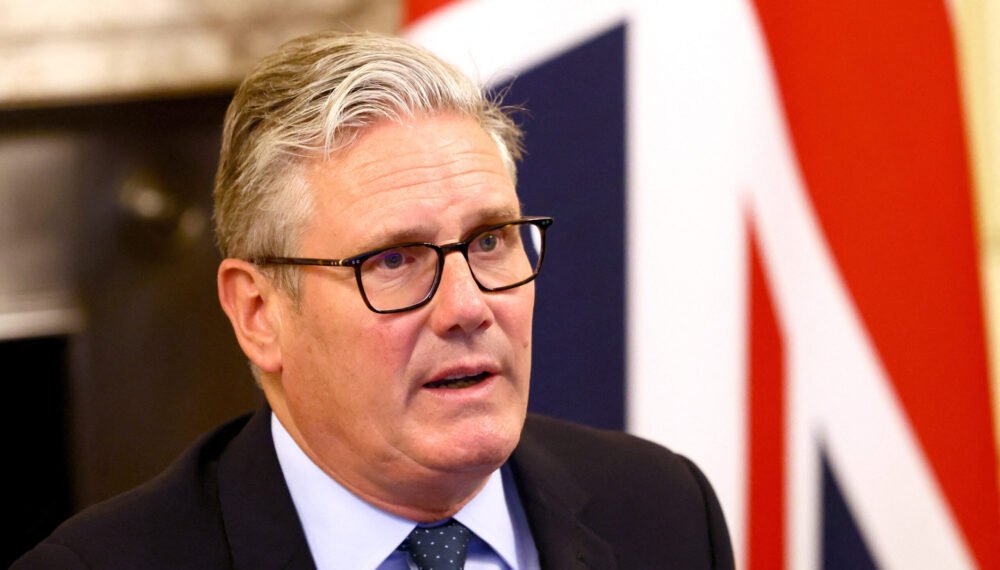British Prime Minister Keir Starmer has unveiled sweeping reforms to the UK’s asylum and refugee system, declaring that there will be no automatic “golden ticket” to long-term settlement for those granted asylum. Instead, refugees will now be required to meet stricter conditions before securing indefinite leave to remain in the country.
Speaking at the European Political Community (EPC) summit on Thursday, Mr Starmer said the changes were part of a wider effort to fix what he described as a “broken” migration system and to work with European partners to tackle illegal crossings into the UK.
“I believe that if you want to come to the UK, you should contribute to our society. Settlement must be earned by contributing to our country, not by paying a people smuggler to cross the Channel in a boat,” Starmer said. He added that while the UK would continue to protect genuine refugees fleeing persecution, it was also necessary to end the pull factors encouraging dangerous small boat crossings.
The reforms will bring major changes to refugee rights. Under the new rules, asylum seekers will no longer have an automatic right to family reunion, and the current five-year pathway to permanent settlement will be replaced with a longer route tied to contributions. Migrants will need to demonstrate steady employment, proof of national insurance contributions, fluency in English, and a clean criminal record. Community service and integration efforts will also weigh into the process.
Read also:
- Suspect in Kirk killing not cooperating with authorities, governor says
- Russian airstrike kills 24 in pension queue, Ukraine says
- Trump threatens tougher sanctions after Russia’s heaviest strikes on Ukraine
Starmer also announced a £3 million partnership with Denmark to address the root causes of migration in Western Balkan countries by creating jobs and opportunities in the region, aimed at reducing pressure on European borders.
Home Secretary Shabana Mahmood will present the full package of reforms later in the autumn, but she confirmed that the direction of policy is clear: “Refugees will still be protected under international law, but settlement will take longer and must be earned.”
The measures have already sparked strong criticism. The Refugee Council warned that restricting family reunion could backfire, forcing desperate migrants into the hands of smugglers. Chief Policy Analyst Jon Featonby said the policy would “damage integration, make refugees feel unsafe, and leave children growing up without their parents.” He argued that previous attempts to deter crossings by cutting refugee rights had failed and there was no evidence the new approach would work.
Shadow Home Secretary Chris Philip dismissed the plan as another “Starmer gimmick,” claiming it would do little to reduce the record number of Channel crossings. Official data shows more than 34,000 migrants have arrived in small boats so far in 2025, the highest figure since records began in 2018.
As the debate intensifies, the government insists its reforms are about restoring fairness and sustainability to the UK’s asylum system, while critics warn the policy could deepen the humanitarian crisis and strain integration efforts.






